What is Reiki?
Reiki is a form of alternative therapy that originated in Japan in the early 20th century. The word Reiki is made up of two Japanese words: "Rei," which means "universal," and "Ki," which means "life energy."
The practice of Reiki involves a practitioner using their hands to channel energy into the body of the recipient, with the aim of promoting healing and balancing the body's energy systems. Reiki is based on the belief that the body has an innate ability to heal itself, and that the practitioner can facilitate this process by transferring energy to the recipient.
During a Reiki session, the recipient typically lies down or sits comfortably while the practitioner places their hands on or near the recipient's body in various positions. The practitioner may also use other techniques, such as visualization and meditation, to help the recipient relax and open themselves to the flow of energy.
Reiki is considered a complementary therapy and is used in conjunction with conventional medical treatments to promote overall wellness and reduce stress. It is not a substitute for medical care, and anyone with a medical condition should always consult with a qualified healthcare professional before trying Reiki or any other alternative therapy.
Reiki is not based on any specific religion or belief system and is practiced by people of various backgrounds and cultures.
